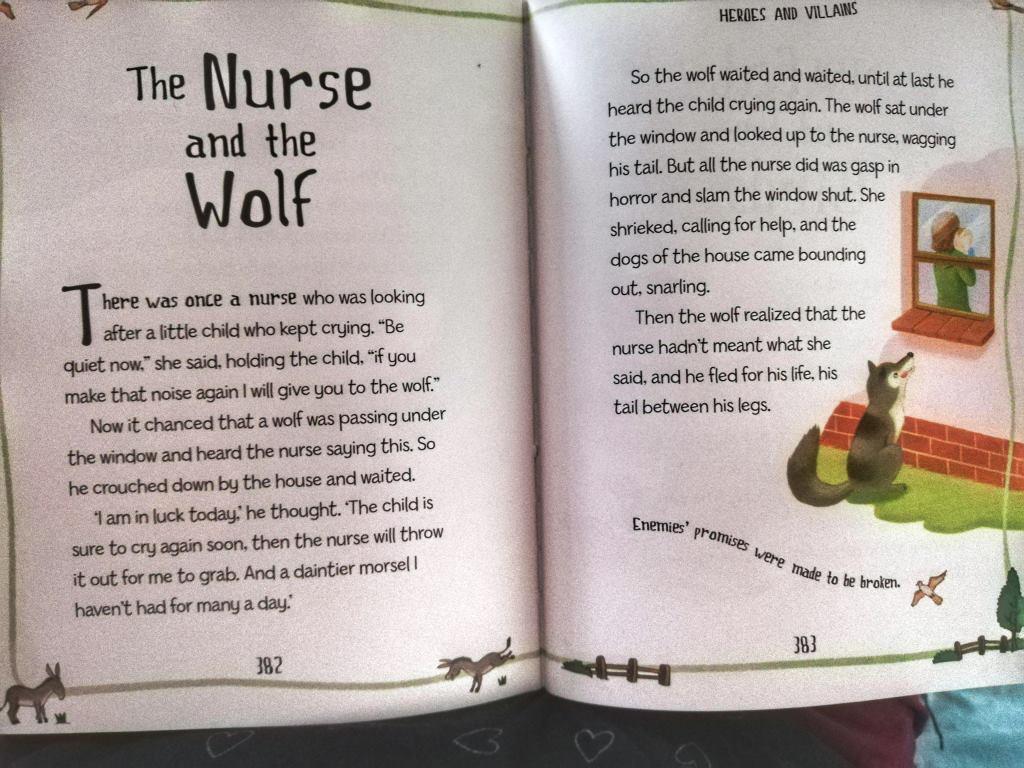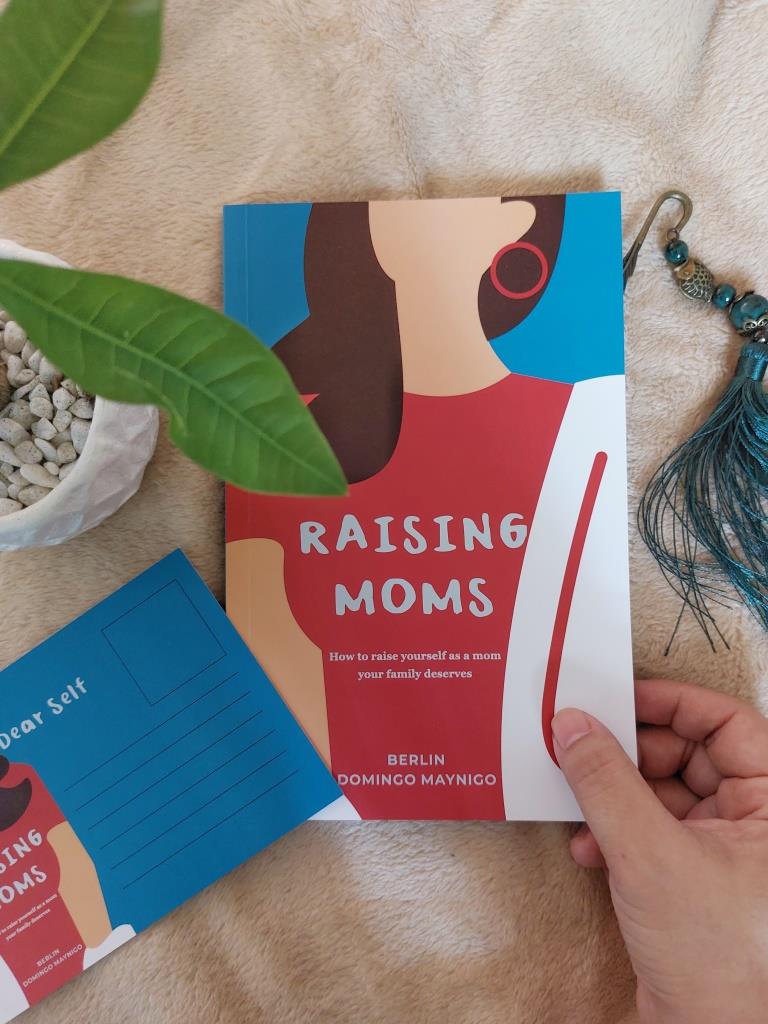[tweetshare tweet=”Rewards and punishments are the lowest form of education – Chang-tzu” username=”IfZgcz8ZKo14VSCu3y8ejhrBGaCG*R!N:1:0″]
The other day, we read Aesop’s Fable The Nurse and the Wolf. I instantly recognized the similarity of how a typical adult and the nurse in the story would hope to instill fear in a child.
The Nurse and the Wolf

Are Boogeymen Effective in Child Discipline?
The Parent and the Boogeyman
Most parents may have introduced boogeymen or those mythical creatures to frighten their youngsters into good behavior. Remember when our yayas or even parents themselves told us the monster will eat us if we misbehave?
I was guilty of this with my fourth child. Though I don’t use boogeyman to instill fear, my son still feels pressured to doing something he disapproves. Out of desperation to let him finish his food, for instance, I would tell him I will go out without him. Because he doesn’t like to be left behind, he will hurriedly eat and chew his food. I thought such a way of instilling fear would help me through those trying moments of parenting.
I was wrong.
This is nothing different to how I try to instill fear to my grade 8 son. “If you don’t bring home your lunch bag, you will not have lunch tomorrow.”
These phrases may appear as friendly warnings to our youngsters. But as I go deeper to the very thought of it, I realized I was forcing fear to my child instead. And this might affect our parent-child relationship.
Are Boogeymen Effective in Child Discipline?
Again, some guardians or parents use boogeymen to help them through those trying moments of parenting. They may think of these make-believe creatives as harmless ways to discipline a child. But what they don’t realize is eventually, kids will grow out believing in boogeymen. The lie it built, though, may lead to mistrusting their parents. Likewise, the desired good behavior parents would want to instill isn’t properly communicated and addressed.
I find it unfair, too, that we play with our youngsters’ naiveté. Children, especially toddlers, are more trusting to their parents. As they believe in their parents, they trust them that the boogeyman is real, too. This makes kids more susceptible to imaginary fears which may cause anxiety to them.
Perhaps, we had our share of boogeyman story when we were little. We’ve experienced the fear and the anxiety it created. Let us spare our children of the same agony. Instead, to have our kids cooperate, let us make them understand what we would like them to understand. Leave those ghost stories and boogeyman tales in their graves.












ohh ang galing nmn mommy
I feel guilty din moms….minsan ginagawa ko din kay baby ko Para lng maging behave sya
Makinig sakin d rin po pla maganda kaya now alam ko na hindi din tama.tnx mommy
Mejo guilty ako dito momsh, minsan nagagalit talaga ako sa anak ko. Pero after naman nag sosory ako at pinapaliwanag ko sakanya. Thanks for this info.